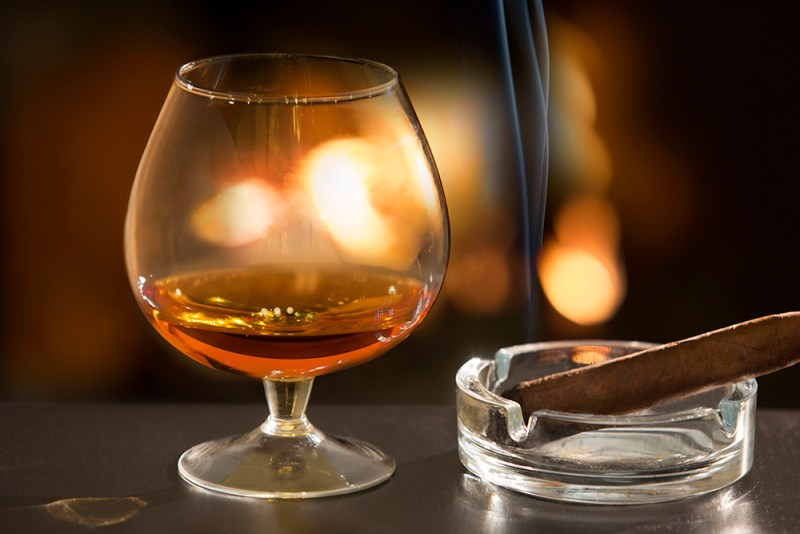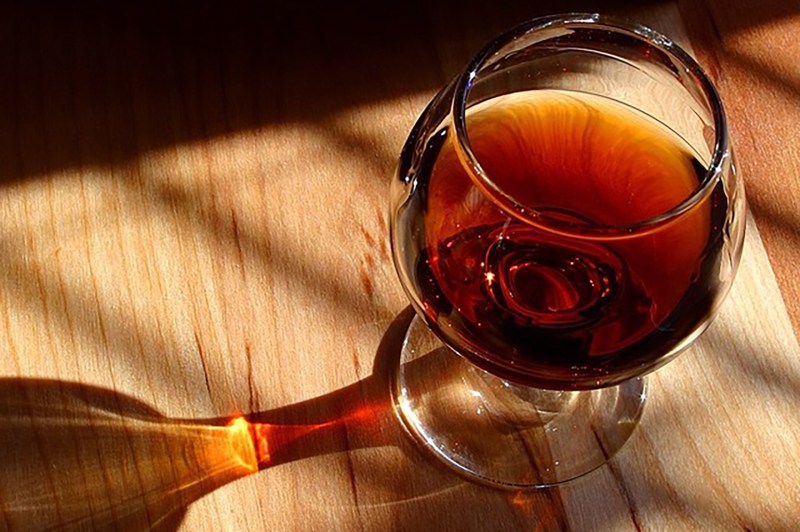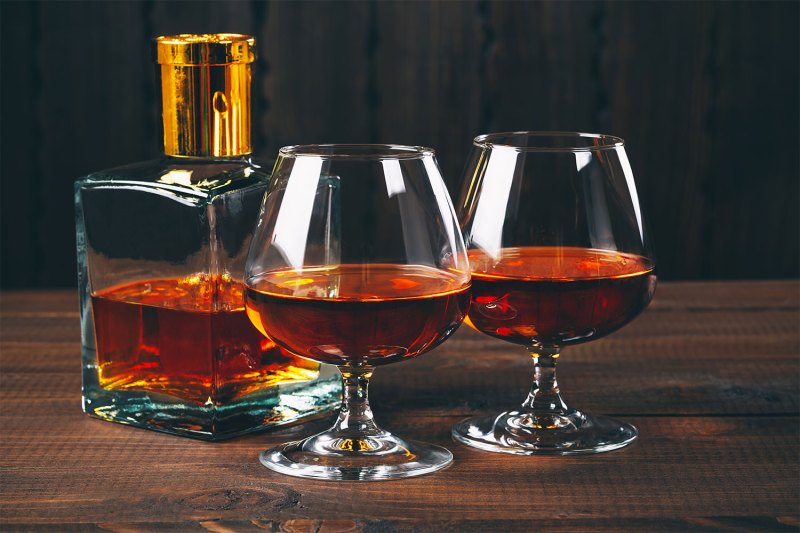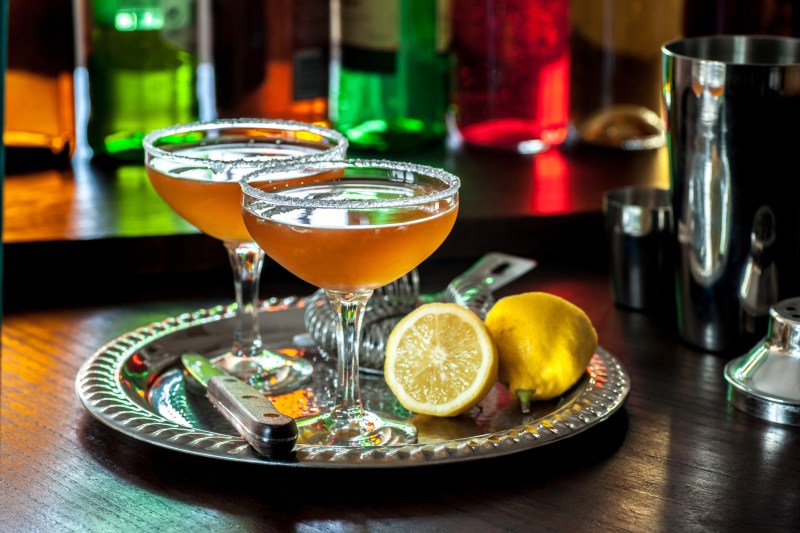
The colossal world of booze is full of questions and dilemmas. Are you drinking a pinot gris or pinot grigio? What’s the best glass for that pilsner? How on earth do I make a refreshing cocktail with hibiscus?
Well, here at The Manual, we’ve got a few answers and tricks that will get you out of any drinks-related binds. One oft-misunderstood topic involves an age-old grape spirit. We’re talking about cognac vs. brandy, specifically, and how the two are different.
To begin, let’s sort out the basics. Cognac is a subcategory within the vast realm of brandy. So, technically speaking, all
So, what is brandy?

But what’s brandy? It’s essentially the high-octane cousin of wine. Brandy is made by distilling wine, a process that generally concentrates the alcohol content to somewhere between 35% and 60% by volume. Generally, where there’s good winemaking infrastructure, there’s also a brandy presence. The spirit is produced in many places besides France, from South Africa and Italy to the U.S.
Usually, the most revered brandies are made from wine grapes. But since the spirit’s inception in the 16th century, brandy has snowballed in terms of global production and how it’s made. Today, countries like Russia and China are in the mix, making brandies both out of grapes as well as a variety of other fruits. Among the most famous, beyond cognac, are Armaganc (also in France), Brandy de Jerez (Spain), Greek brandy (made from Muscat), and Pisco, the famous South American brandy made in Peru and Chile.
Some brandy is aged in barrels, but quite a bit of it is simply dyed with caramel coloring or similar to mimic the effects of barrel-aging. How it’s distilled depends on the region, and like wine, there’s a real argument for terroir in the final product. So, while most brandies offer grape-y flavors, often accented by nutty, caramelized notes, and a backbone of sweetness and fruitiness, the overall flavor can change quite a bit depending on where it’s from. And the most famous place for this spirit is, hands down, cognac.
The singularity of cognac

Cognac is a protected place of origin, meaning it has a very specific way of making its brandy, wholly unique to its location. Distilled at least twice in copper stills,
Many argue that it’s in the blending where cognac takes on its nuanced nature and complexity of flavor. Experienced blenders will settle on an ideal harmony of flavors and let the batch integrate together for a spell prior to bottling. Per the cognac guide above, there are several classes of the stuff, differentiated by aging times and more. There are also subregions within
Three grape varieties are allowed in the production of genuine cognac. Ugni Blanc is the most common, followed by Colombard and Folle Blanche. They’re all white wine grapes and can offer distinctive flavors, textures, and more depending on how they’re farmed, what soils they reside in, the climate, etc. Again, it’s best to equate brandy and
That said, the stuff should be enjoyed in a proper bulbous glass, so you can bring it to temperature and really take in the aromas and flavors. Get yourself a good snifter and set up a tasting to really appreciate the different qualities cognac brings to the table. We suggest doing a side-by-side comparison of a true
Do you drink cognac and brandy the same way?

You can drink brandy and cognac similarly, but because of their distinct characteristics, you may prefer drinking and serving them differently. As far as the glassware, traditionally, brandy and
Neat or on the rocks: To appreciate the full flavors of cognac and brandy, drink them neat (without mixers) at room temperature. You can also add ice if you prefer them colder, although this can mute some of the subtler tastes.
In cocktails: Both brandy and cognac are tasty in cocktails. Brandy is a common base for classic drinks like the Sidecar and the Vieux Carré, while



